Dr. Bui Kien Thanh commented that although there has not been an official announcement on the reciprocal tax rate, information about the phone call between General Secretary To Lam and US President Donald Trump that took place last night (July 2) and Mr. Trump's statement afterwards are very positive and optimistic signals for the economies of both countries.
" Even with the unconfirmed information that the US will impose a 20% tax rate, it will still help Vietnamese goods maintain their competitive advantage over many other countries. Of course, we still need to wait for accurate information as well as the specific tax rates that the US imposes on each country, " said Mr. Thanh.
He further analyzed: Regarding other higher tax rates for goods transiting through Vietnam, the key issue is to wait for specific information, how to define and regulate in detail what is transit goods, as well as Vietnam's solution to negotiate with the US to minimize the impact.
From the above analysis, Mr. Thanh commented that there are many positive signals about the trade negotiations between the two countries, promoting Vietnam to increase domestically produced goods and limit temporarily imported and re-exported goods from third countries.
"We should focus on products with potential to increase production and export to the US, including minerals and rare earths..." , expert Bui Kien Thanh commented.
The US President said that he will significantly cut reciprocal taxes on Vietnamese goods. (Illustration photo)
Similarly, Mr. Nguyen Quang Huan, Chairman of the Board of Directors of HALCOM Vietnam Joint Stock Company, also said that after the phone call between General Secretary To Lam and Mr. Donald Trump, we have seen clear signs of optimism. According to information from the Ministry of Foreign Affairs , during the phone call, General Secretary To Lam and President Donald Trump welcomed the agreement of the two negotiating delegations of the two countries to issue a joint statement between Vietnam and the US on the framework of a reciprocal, fair and balanced trade agreement.
President Donald Trump appreciated Vietnam’s commitment to providing preferential market access for US goods, including large-engine cars. He affirmed that the US will significantly reduce reciprocal tariffs on many Vietnamese exports and will continue to cooperate to resolve obstacles affecting bilateral trade relations, especially in areas prioritized by both sides.
" If the 20% tax rate is correct, it is only the average rate, and each item will be subject to a different rate. Therefore, we can completely expect many items to be subject to lower taxes than before, and that is a good sign for Vietnam ," Mr. Huan commented.
Mr. Huan also believes that the fact that we have opened our doors wide to welcome American goods with very preferential tax rates will also help consumers to easily buy American goods at cheaper prices.
Opportunity for Vietnam to increase production
Meanwhile, Mr. Nguyen Quang Huy - CEO of the Faculty of Finance and Banking (Nguyen Trai University), analyzed: The phone call between US President Donald Trump and Vietnamese General Secretary To Lam showed strategic consensus on bilateral trade cooperation, in the context of the US adjusting the global tariff system.
"This is an important and timely result, strategic in nature, demonstrating a positive distinction when the US is recognizing Vietnam as a reliable partner, willing to impose appropriate tariffs on Vietnamese goods. This is a new policy framework full of opportunities, and at the same time a strategic warning that Vietnam needs to act more decisively to maintain confidence and upgrade the national production and export ecosystem," said Mr. Huy.
According to Mr. Huy, the 20% tax rate, if applied, would be much lower than the 46% rate previously announced by the US and also lower than the 40% rate that is expected to be applied to transit goods. This shows that Vietnam is considered to have a real production base, a real value chain, and is not a “transit station” for other countries looking to avoid US taxes.
" This is also an opportunity for Vietnam to affirm its role as an independent and sovereign technological production center, not to be equated with countries subject to punitive tariffs ," Mr. Huy emphasized.
To seize this opportunity, Mr. Huy believes that Vietnamese enterprises need to upgrade their traceability systems and localization rates. Accordingly, enterprises must be transparent in the entire supply chain, build control capacity and prove the true Vietnamese origin.
In addition, increasing the localization rate is no longer an option but a vital requirement to avoid the risk of being taxed at 40% due to violating the rules of origin. Enterprises need to be proactive in further increasing the localization rate and adhering to international standards to enhance their brands.
In addition, according to Mr. Huy, the Government needs to accompany and continue negotiating to reduce taxes deeply. The 20% tax rate is the first step, but there is still room for further negotiations to bring it to a level similar to preferential FTAs.
"The Vietnam-US trade agreement shows that Vietnam needs to develop with its own internal strength, with real production capacity, not through transit routes.
This is a historic opportunity to transform the development model, but without strong reforms, capacity upgrading and market diversification, Vietnam may fall into a passive and risky position.
On the contrary, if we take advantage of this opportunity, Vietnam will enter a new era - where "Made in Vietnam" is not just a brand, but a commitment to quality, transparency and global responsibility," Mr. Huy emphasized.
At the same time, Vietnamese enterprises need to diversify their markets to avoid the risk of dependence. Although the US is a potential market, enterprises are not allowed to depend on one country.
Vietnamese enterprises also need to proactively expand to FTA markets such as the EU (EVFTA), Japan, Korea, India, the Middle East, etc. to disperse geopolitical risks and simultaneously take advantage of many trade incentives.
Mr. Huy also hopes that the agreement between the two countries will help Vietnamese businesses stabilize their mentality, feel secure in maintaining existing orders, and avoid disruptions to the supply chain. " Although the 20% tax rate is not low, when compared to competitors who are taxed at 40%, Vietnamese businesses still have a clear competitive advantage ," Mr. Huy said.
At the same time, the agreement will promote strategic FDI in real production in Vietnam. In the context of the US tightening supply chains, multinational corporations will choose Vietnam as a base for direct investment, to take advantage of lower tariffs and ensure compliance with rules of origin.
PHAM DUY - NGUYEN YEN
Source: https://vtcnews.vn/chuyen-gia-my-giam-dang-ke-thue-doi-ung-voi-hang-viet-nam-la-tin-hieu-lac-quan-ar952451.html


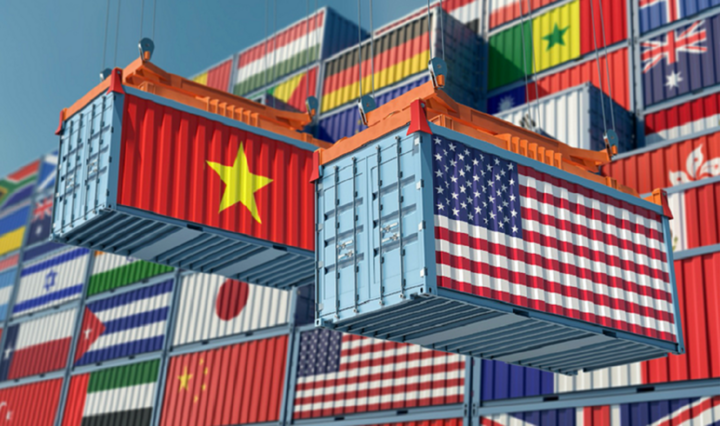

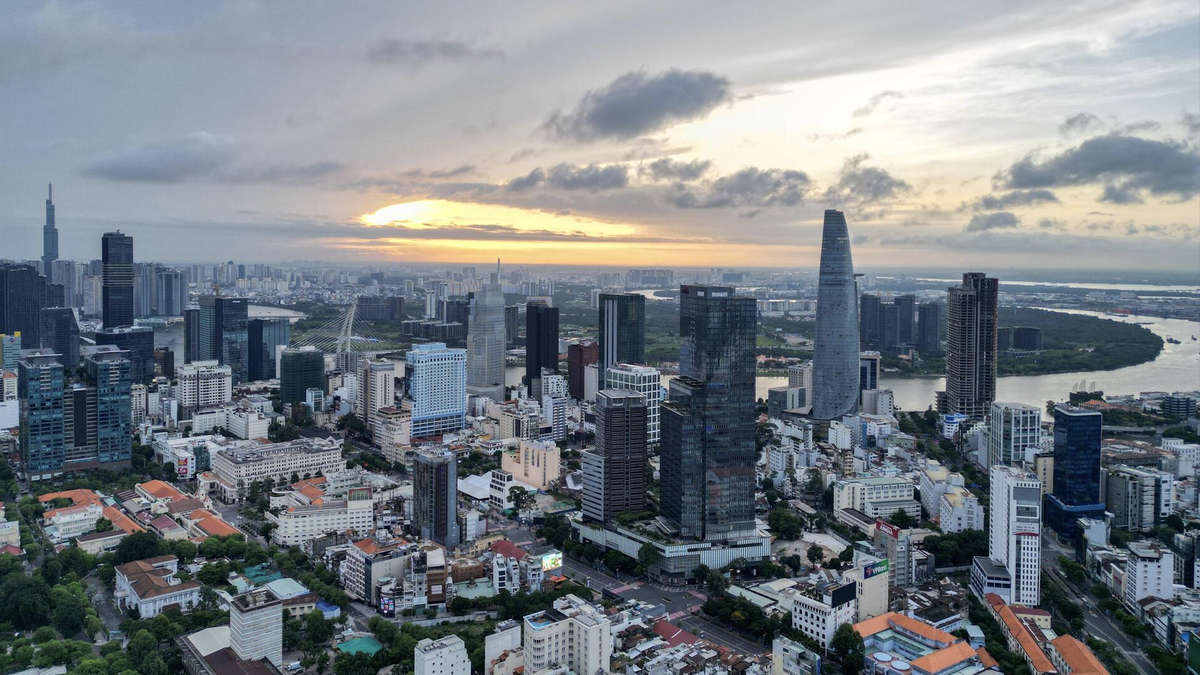


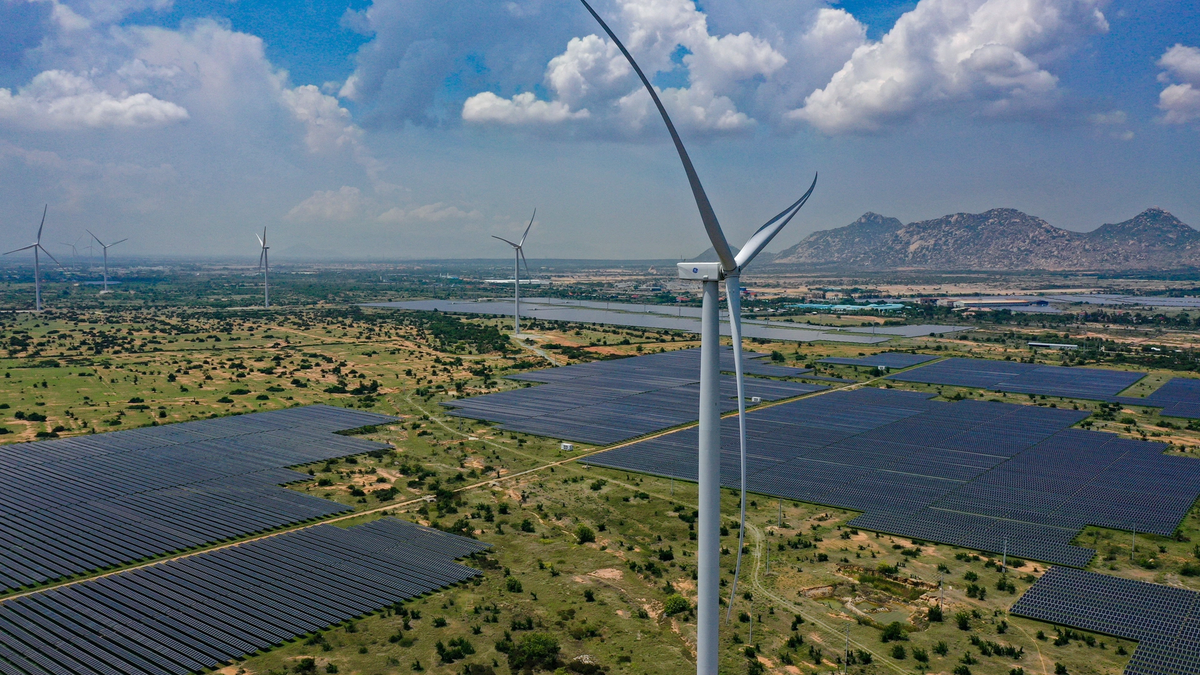

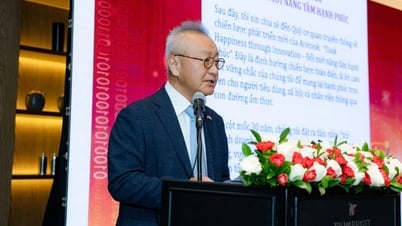




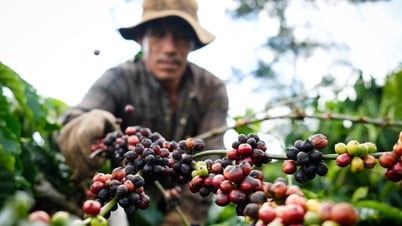
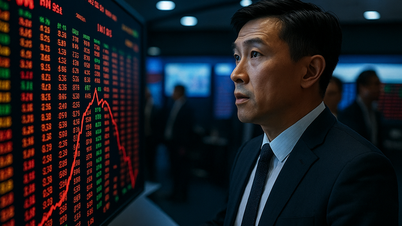
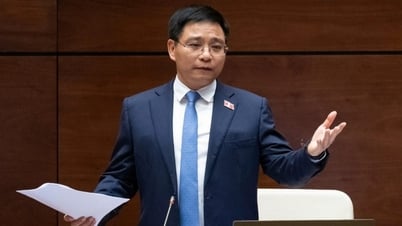




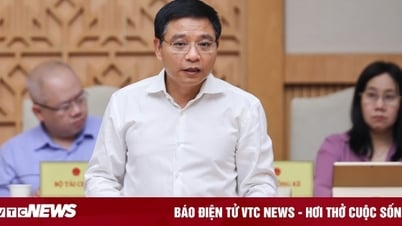



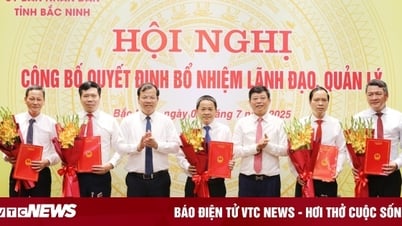


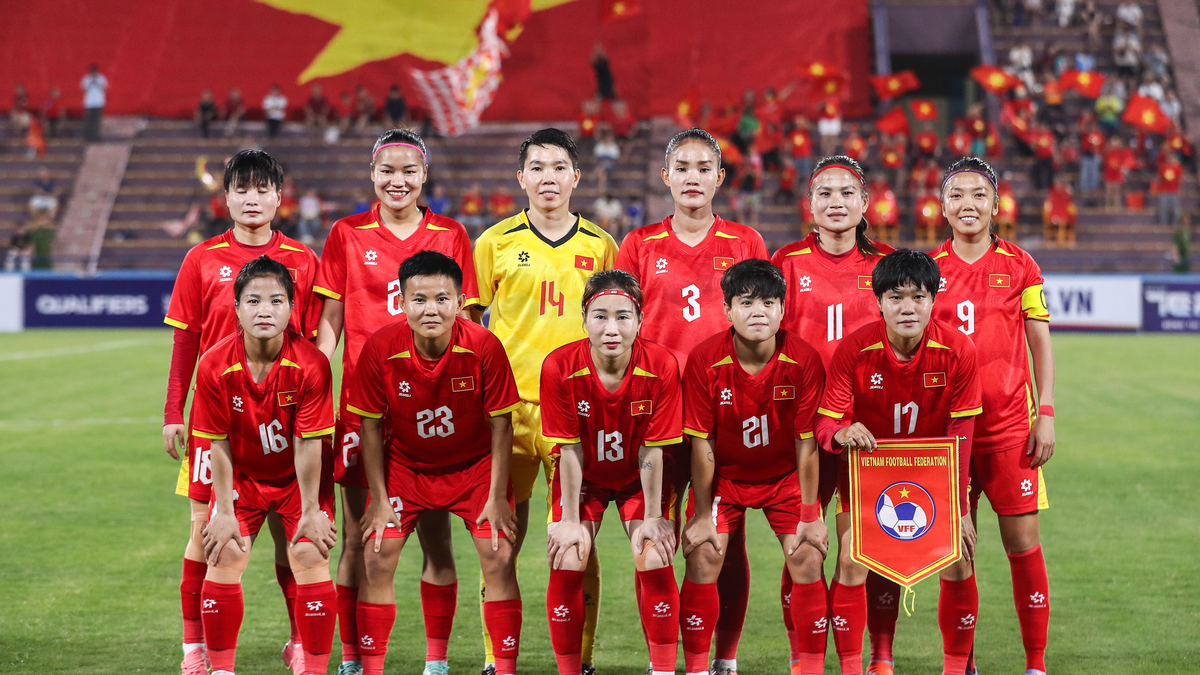
















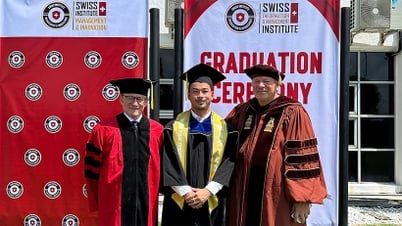





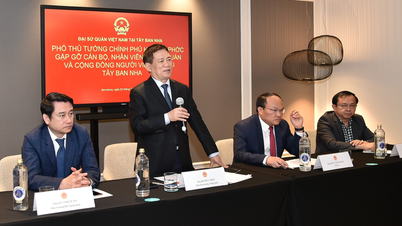



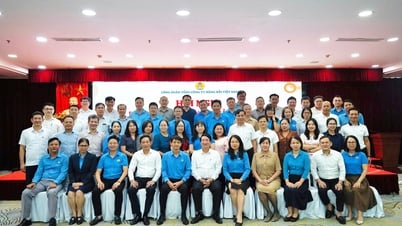
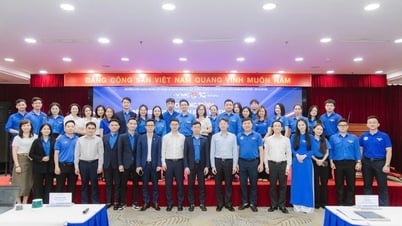
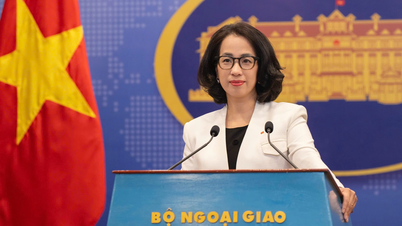

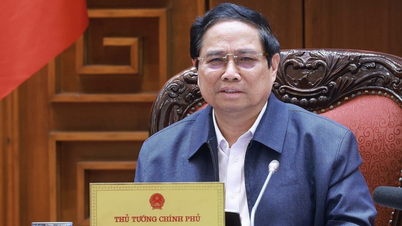













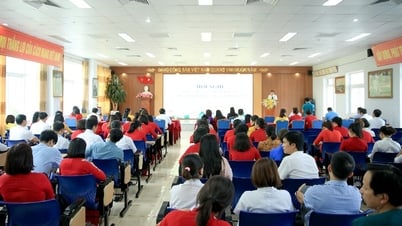

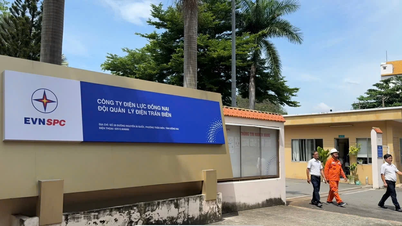







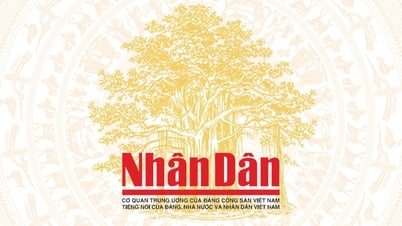


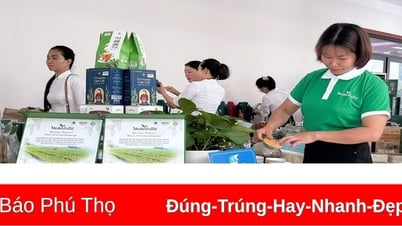

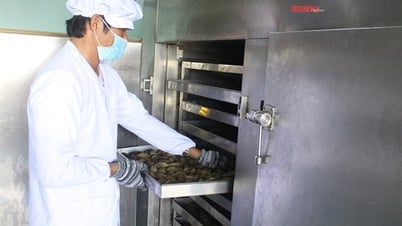

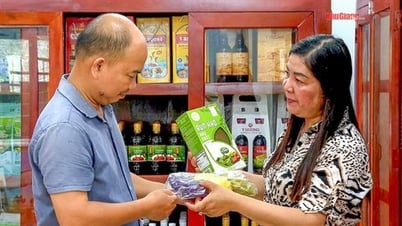
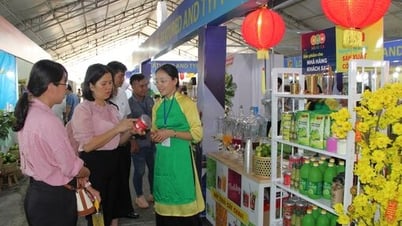







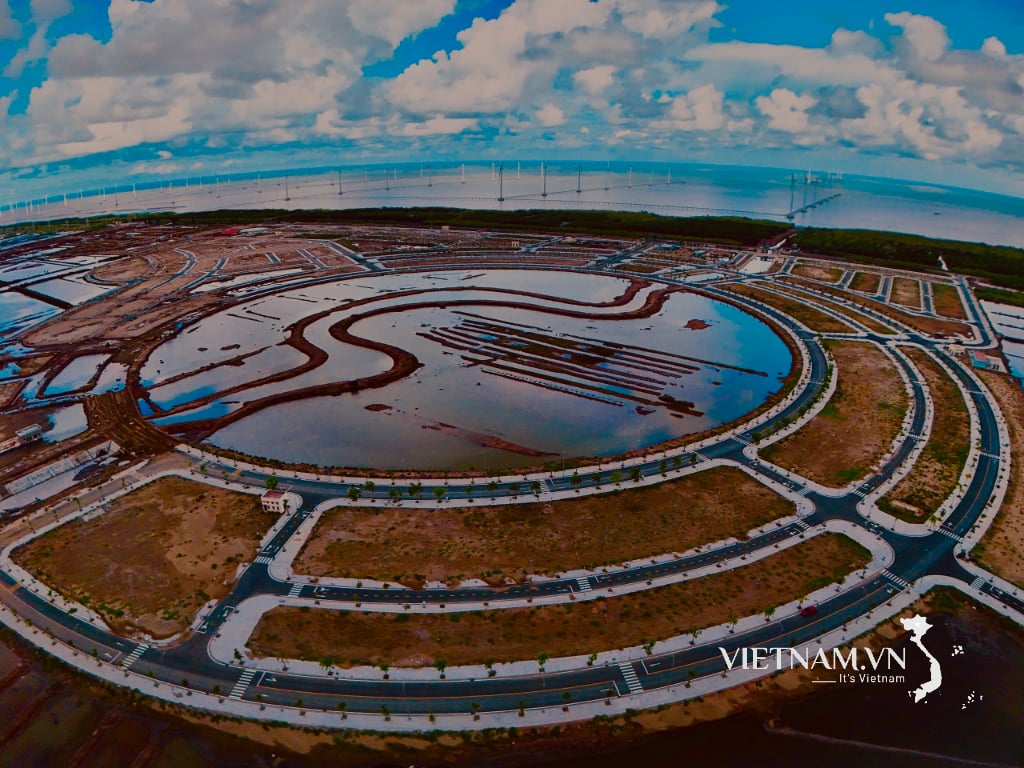
Comment (0)